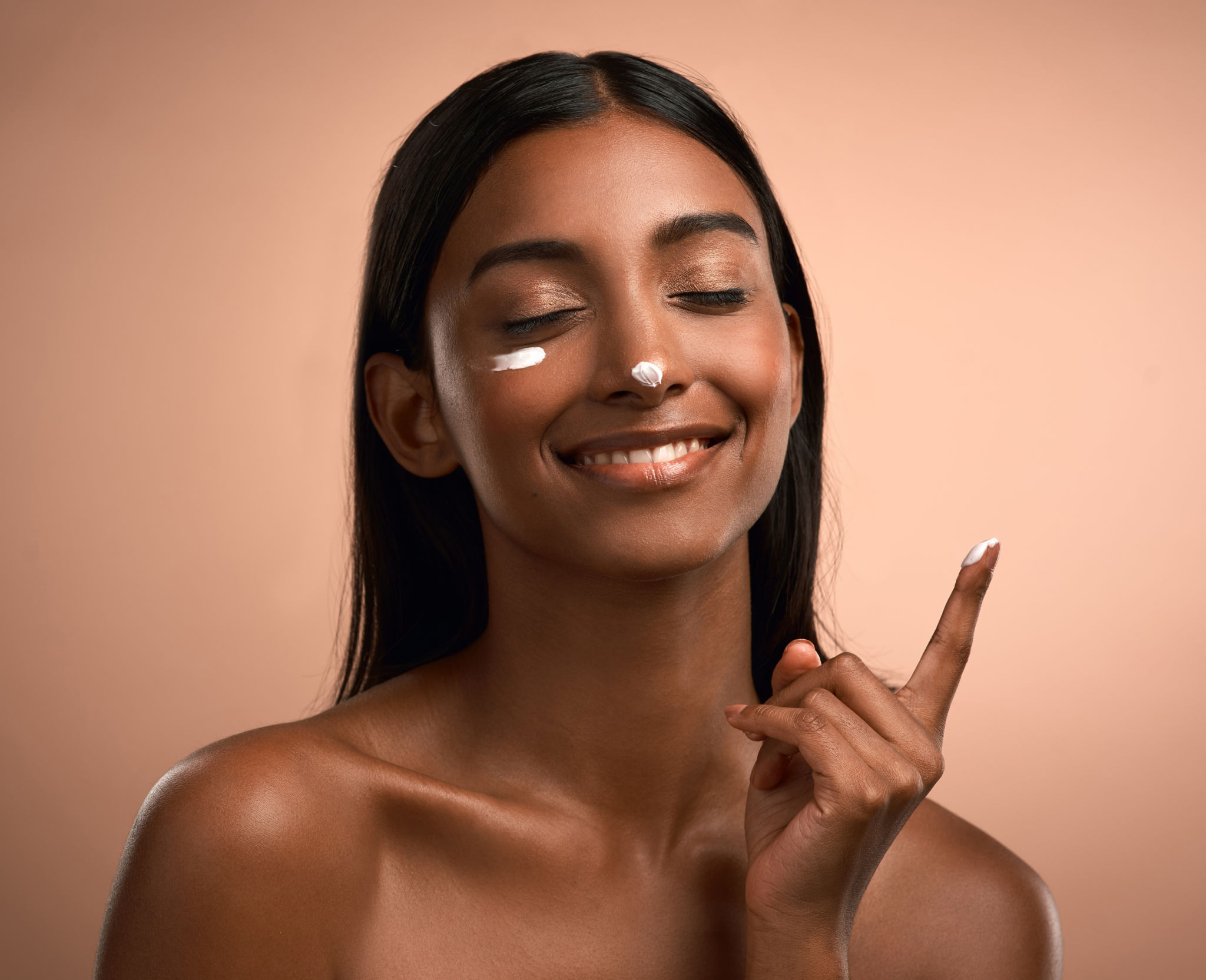Myth-Busting: Common Misconceptions About Skin Whitening
Understanding Skin Whitening: A Journey Beyond Myths
Skin whitening is a topic surrounded by numerous misconceptions, often clouding the reality of what it truly entails. Many people misunderstand the concept, leading to confusion and misinformation. It is essential to debunk these myths to foster a more informed perspective on skin care and personal choices.

Myth 1: Skin Whitening Is Synonymous with Bleaching
One of the most common misconceptions is that skin whitening is the same as skin bleaching. While both aim to lighten the skin tone, they do so in different ways. Skin whitening often involves products that inhibit melanin production, which is responsible for skin pigmentation. On the other hand, bleaching may involve harsher chemicals that strip away the top layers of the skin, which can lead to harmful side effects.
It's crucial to understand this distinction to make informed decisions about the products you choose. Opting for safer alternatives that focus on skin health can prevent long-term damage.
Myth 2: Skin Whitening Offers Instant Results
Another widespread belief is that skin whitening products produce instant results. Unfortunately, this is not true. Most effective skin whitening treatments take time to show noticeable changes. The process of reducing melanin production and achieving a lighter skin tone is gradual and requires consistent use and patience.

Products that claim to deliver immediate results are often too good to be true and may contain harmful ingredients. It's important to prioritize safety and efficacy over speed.
Myth 3: Skin Whitening Is Only About Aesthetic Enhancement
Many people assume that skin whitening is purely for aesthetic purposes. However, this oversimplifies the reasons why individuals may choose these treatments. For some, it could be about addressing hyperpigmentation or uneven skin tone caused by sun damage or medical conditions like melasma.
Understanding these underlying reasons can promote empathy and a more nuanced conversation about personal skincare choices.

Myth 4: All Skin Whitening Products Are Unsafe
There's a prevailing notion that all skin whitening products are unsafe. While it's true that some products contain harmful chemicals, there are many safe, dermatologist-recommended options available. Ingredients like vitamin C, niacinamide, and licorice extract can effectively lighten skin without compromising safety.
Consumers should research and choose products with proven ingredients and formulations that prioritize skin health.
Myth 5: Skin Whitening Products Work the Same for Everyone
Skin whitening products do not have a one-size-fits-all effect. Skin types and conditions vary significantly among individuals, impacting how products work on different people. Factors such as genetics, existing skin conditions, and lifestyle can influence the effectiveness of treatment.
This variability underscores the importance of personalized skincare routines and consulting with professionals for tailored advice.

In conclusion, debunking these myths about skin whitening is vital for promoting informed choices and understanding diverse skin needs. By separating fact from fiction, individuals can make better decisions that align with their personal goals and health priorities.